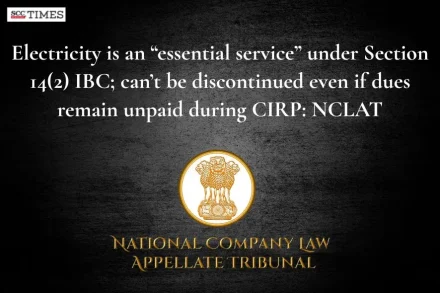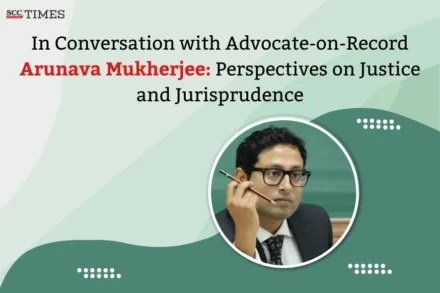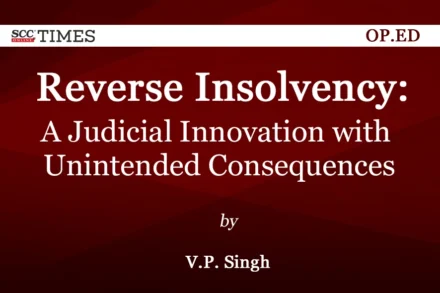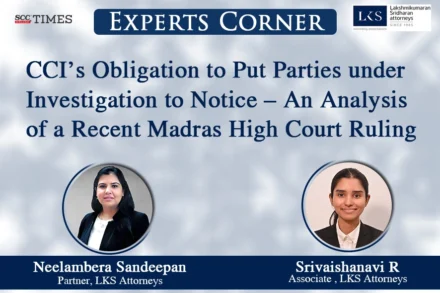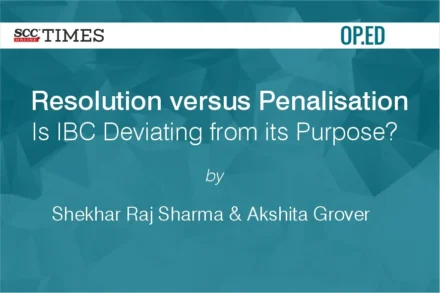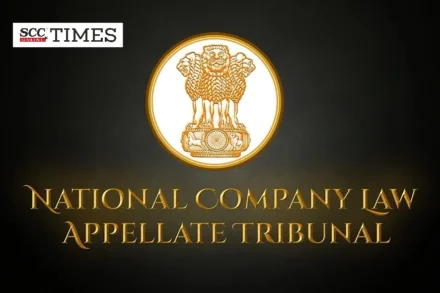
‘Single Homebuyer can’t challenge CoC approved Resolution Plan’; NCLAT upholds CoC’s commercial wisdom
The Resolution Plan has been approved by 83.46% voting share of the CoC, therefore, at the instance of Appellant, approval of Resolution Plan cannot be allowed to be questioned.”



